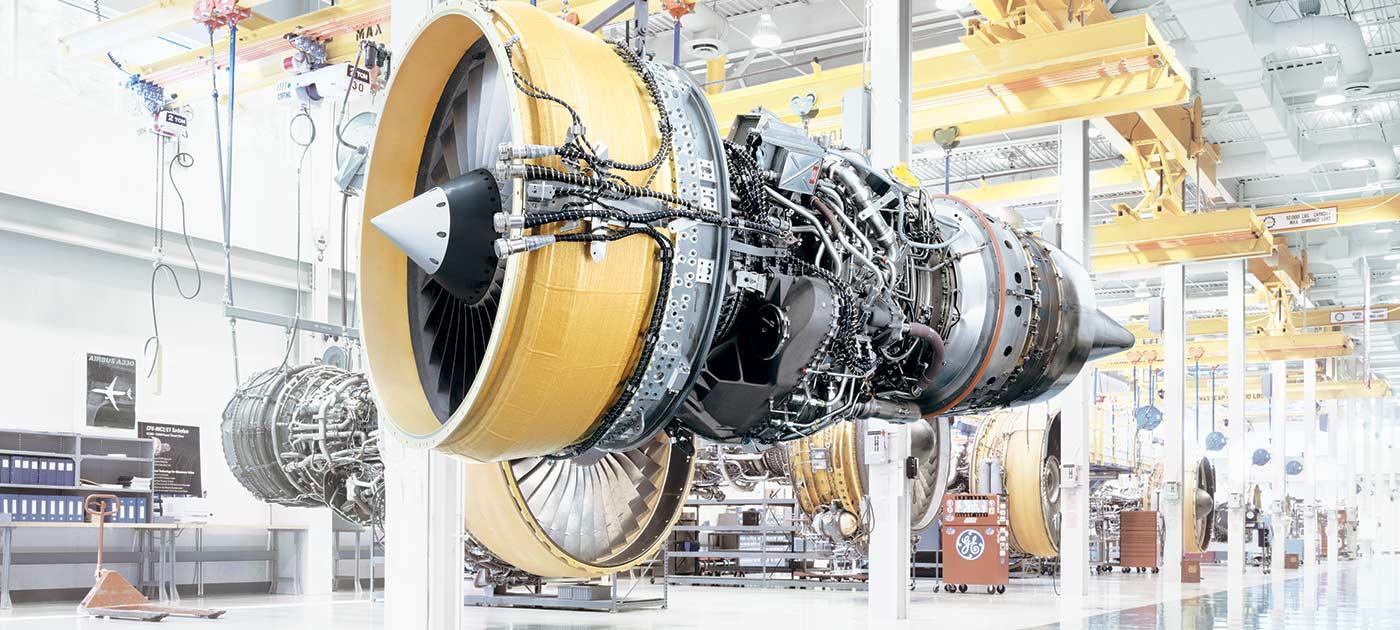
Spare engine leasing has been in the doldrums since the start of the pandemic as airlines have sought to reduce the engine maintenance work upon which rests the demand for spares.
However, a recent engine order has illustrated where a recovery may begin, for both geographic and sectoral reasons.
According to Yicai Global, Chinese regional carrier China Express Airlines has agreed a deal with General Electric for 58 CF34 engines, with 28 on firm order and the rest as options.
All but one will be the -8C5 variant for the Bombardier-MHI CRJ900, plus a single -10A to support China Express' ARJ21 fleet. The airline currently operates 38 CRJ900s.
China Express - one of very few airlines to see profits rise last year - said it would use the engines to support fleet maintenance, and would acquire them via its own funds, financing and operating leasing.
How operating leasing fits into its deal with GE is unclear, although likely option is the sale and leaseback market. But how the big international engine lessors would view such an opportunity remains to be seen; most have emphasized their commitment to transitioning to new-generation technology and to supporting the most popular narrowbody engines, with the CF34 rarely mentioned as part of their future plans.
China Express intends to receive the engines at a rate of eight per year through 2026, and it may transpire that the CF34s contribute to a nascent indigenous engine leasing market.
For 2021, Aviation Week’s 2021 Fleet & MRO Forecast predicts total regional engine maintenance demand of $4 billion, rising to a peak for the decade of $5.1 billion in 2024. Thereafter comes a decline before spending picks up the late 2020s.
The regional aftermarket is dominated by the PW100 turboprop and the CF34 turbofan. The latter is expected to account for 55% of MRO demand in 2021 and 59% in 2026.
In-service numbers also show the two types in the lead, with the CF34 accounting for 35% of regional jet engines in 2021 and the PW100 accounting for 29%.
